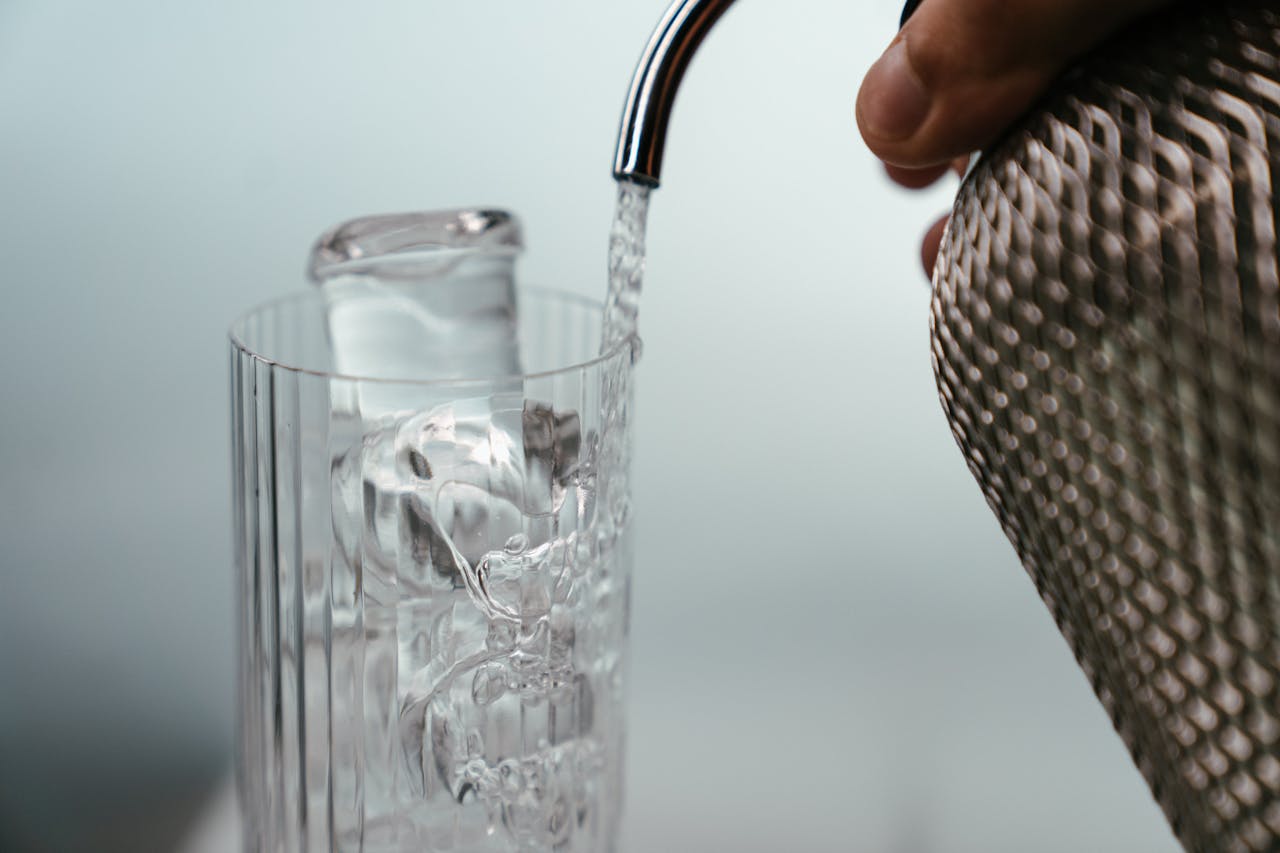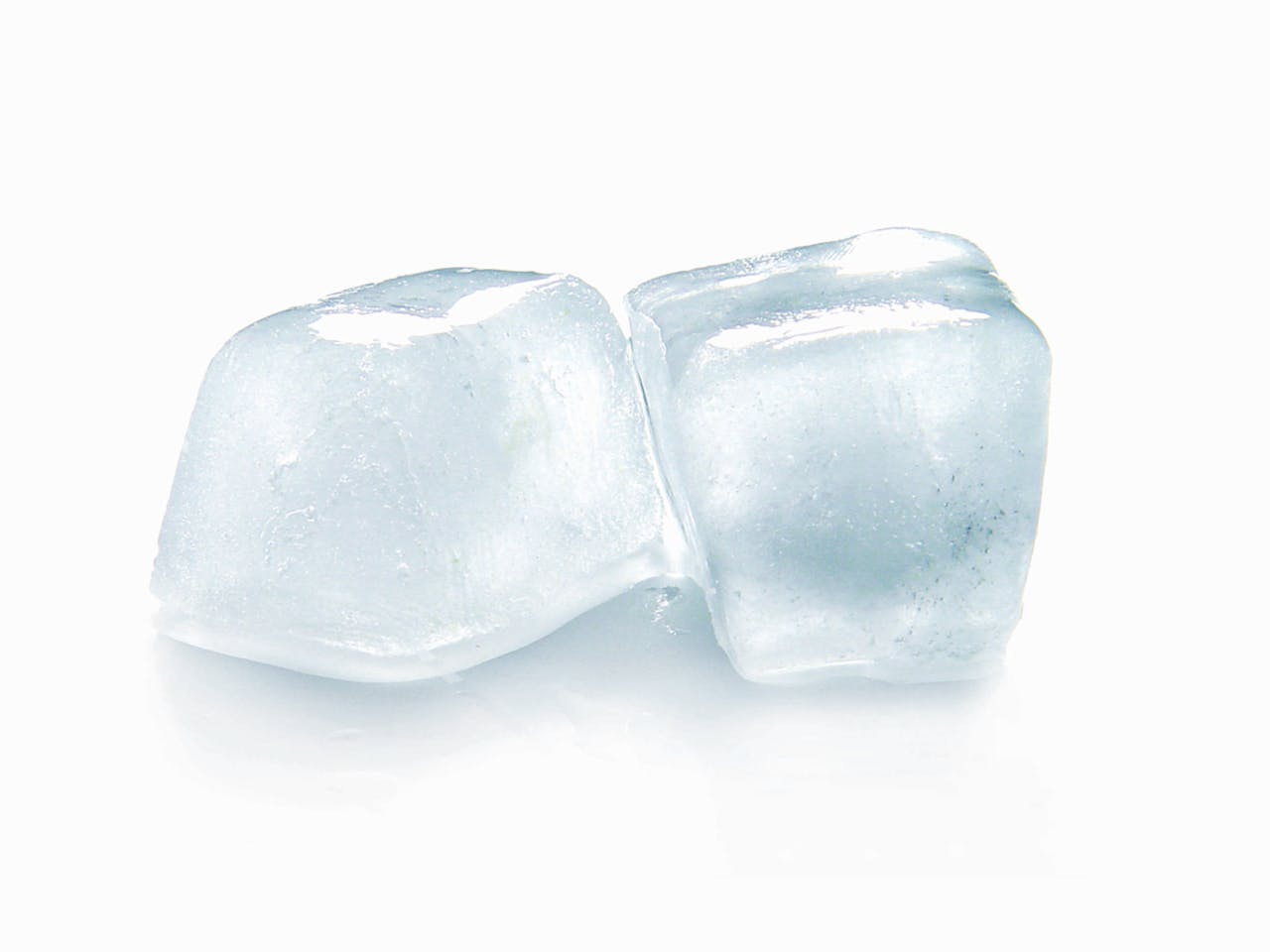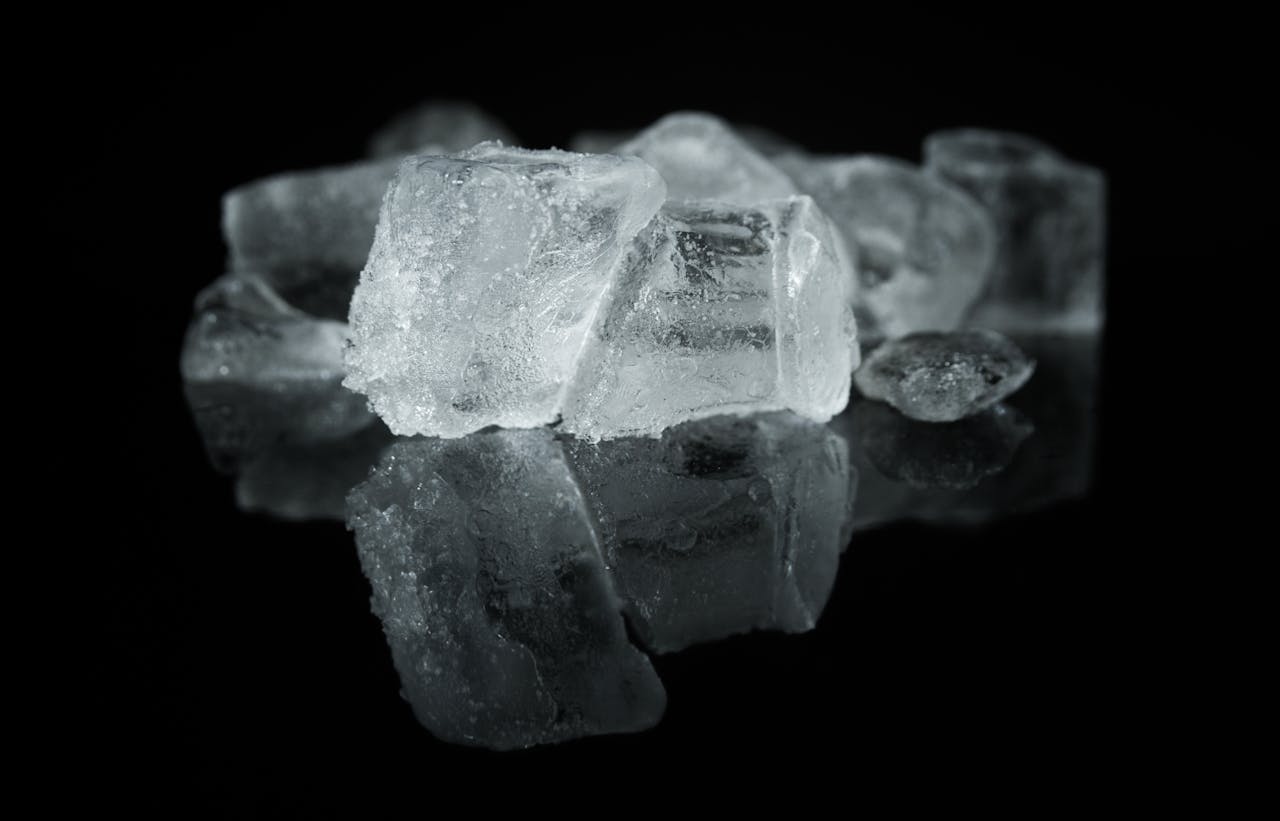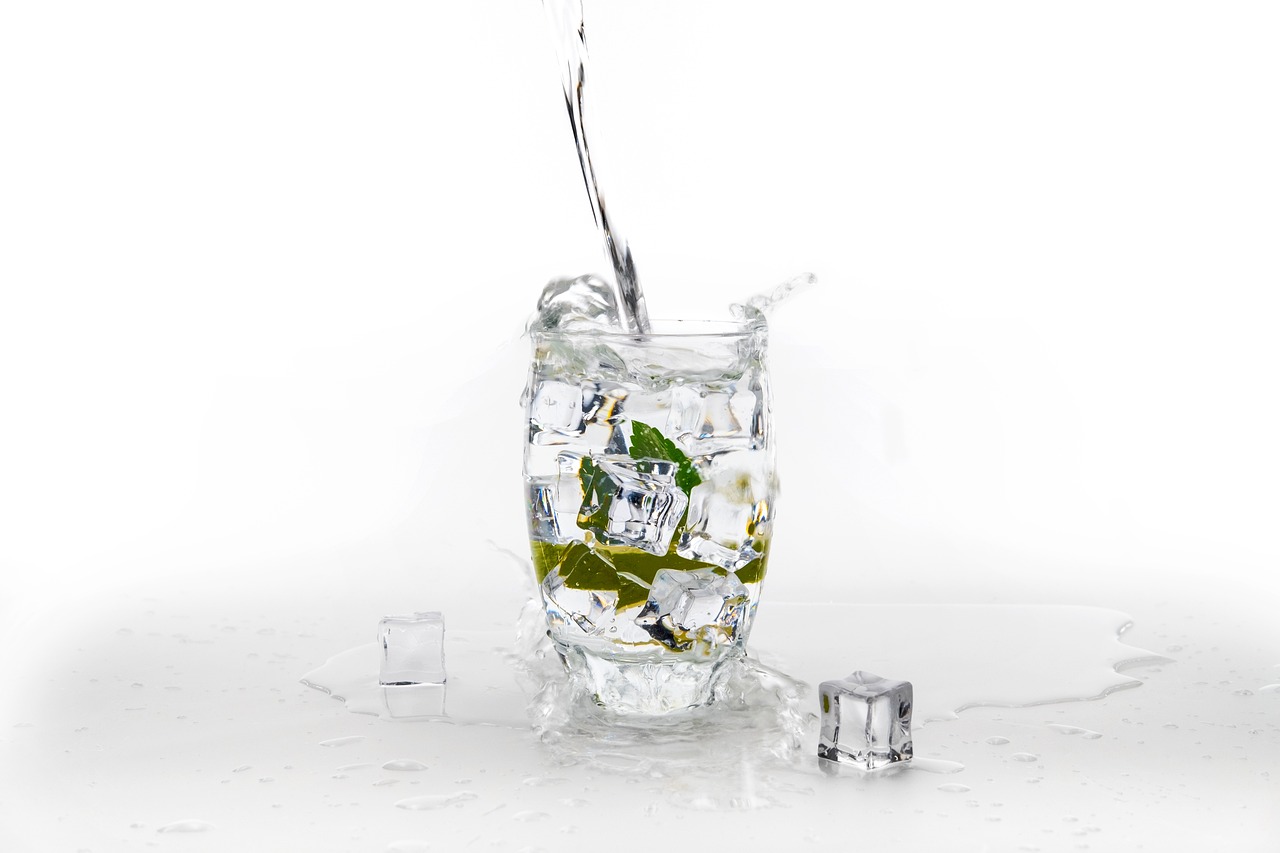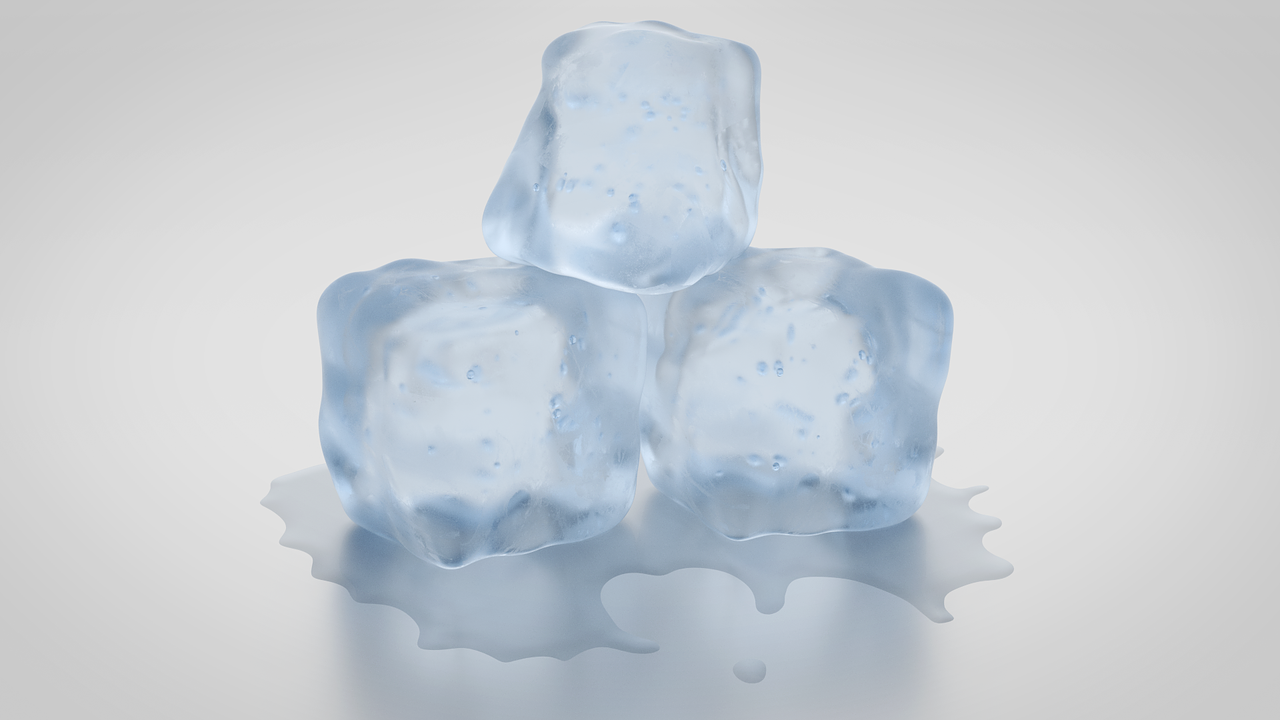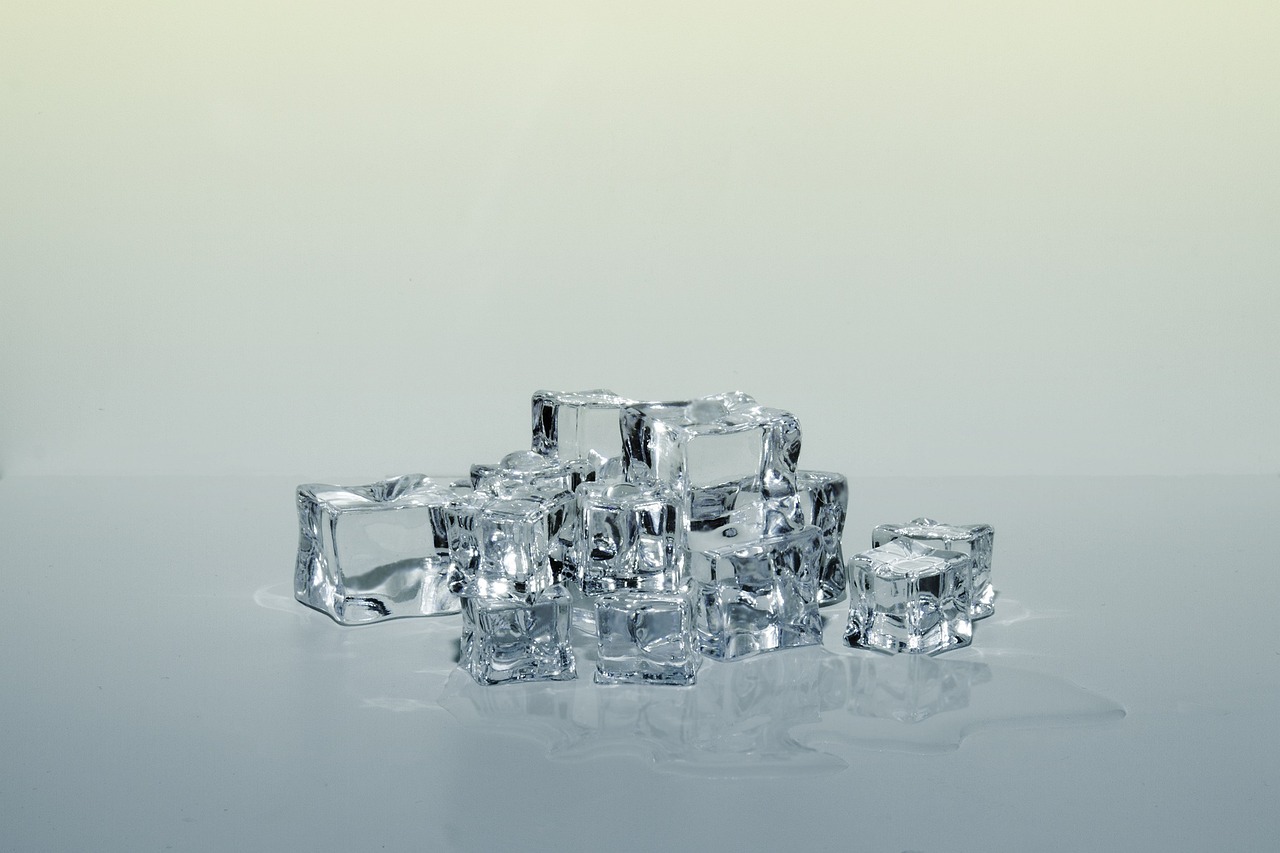Ever wondered if your icemaker myths are freezing out the truth? Get ready to uncover the real deal behind icemaker malfunctions. Are you tired of the guessing game when it comes to what actually works? Say goodbye to the confusion and hello to clarity as we debunk common misconceptions. From mysterious leaks to ice cubes playing hard to get, we’re here to set the record straight. Skip the trial and error – discover practical solutions that really work. Join us on a journey through the frosty world of icemakers as we separate fact from fiction.
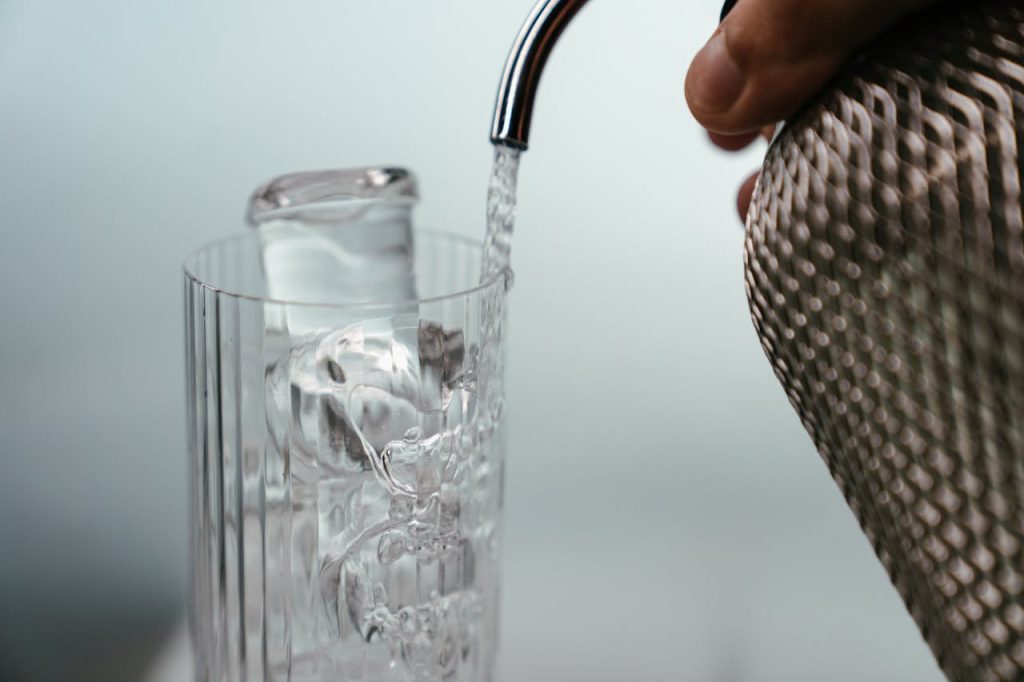
Common Ice Maker Myths
Reliability Misconceptions
Ice makers are not always reliable, contrary to popular belief. Regular maintenance is crucial to prevent common malfunctions. Modern ice makers are more complex than older models, leading to misconceptions about their reliability.
Some common malfunctions include clogged filters, defective water inlet valves, and sensor issues. These problems can disrupt the ice-making process and affect the overall performance of the appliance. Understanding these issues can help users troubleshoot effectively.
Regular maintenance, such as cleaning the ice maker, changing filters, and inspecting water lines, can significantly improve its reliability. By addressing these tasks periodically, users can ensure optimal performance and longevity of their ice maker.
Functionality Myths
Not all ice makers operate in the same way due to design variations. The myth that ice makers are self-sufficient is misleading; they require user intervention for optimal functionality. Understanding the specific features of each model is essential for effective troubleshooting.
Design differences can impact how an ice maker functions, including ice cube size, production speed, and water usage. Users should familiarize themselves with these aspects to address any issues that may arise during operation.
Users should actively participate in maintaining their ice maker by regularly cleaning, defrosting, and monitoring water levels. Neglecting these tasks can lead to decreased efficiency and potential malfunctions over time.
Ice Production Myths
Ice makers do not produce ice continuously; instead, they operate in batches that can take several hours. This dispels the misconception of instant or constant ice production. Understanding this process can help manage expectations regarding ice availability.
Ice makers come in various models that produce different sizes and shapes of ice cubes. Users should refer to the product manual to understand the specific capabilities of their ice maker. This knowledge can aid in troubleshooting any issues related to ice production.
Environmental factors like temperature and humidity play a significant role in determining the rate of ice production. Users should consider these variables when assessing the performance of their ice maker and making adjustments as needed.
Troubleshooting Ice Maker Issues
Stops Making Ice
Ice makers may suddenly stop due to a malfunctioning switch or a clogged water line. Checking the water supply is crucial to ensure it’s not frozen or blocked. Regular monitoring of the ice maker’s operation can help catch issues early.
Ejection Problems
Ejection problems often stem from stuck ice cubes or mechanical failures in the ejector mechanism. Inspecting the feeler bar and its connection to the ice production cycle is essential. Look for any obstructions in the ice bin that might hinder proper ejection.
Incorrect Ice Size
Incorrect ice sizes can be caused by improper water filling or freezing conditions. Adjusting the ice maker’s settings can help produce different ice sizes, if possible. Examine the ice maker’s tray for any damage that could impact the shape and size of the ice.
Signs Of A Malfunctioning Ice Maker
Unusual Noises
Ice makers commonly produce various sounds during operation. Grinding or clanking noises may indicate mechanical issues within the ice maker. These sounds could suggest problems with the motor or other internal components.
Listen closely for any changes in the usual sound patterns of your ice maker. Strange noises can serve as early warnings of potential malfunctions. Addressing these issues promptly can prevent more significant problems later on.
Water Leaks
Water leaks from an ice maker can result from faulty seals or damaged hoses. Promptly addressing leaks is crucial to prevent water damage and mold growth in your kitchen. Check the water supply line for any kinks or blockages that might be causing leaks.
Potential sources of water leaks:
- Faulty seals
- Damaged hoses
Inconsistent Ice Output
Inconsistent ice output often stems from temperature fluctuations within the freezer compartment where the ice maker is located. Internal components like the heater and motor play a crucial role in maintaining consistent ice production.
Keep an eye on your ice maker’s performance and make adjustments as needed to improve its output. Monitoring the ice maker’s operation regularly can help identify any underlying issues affecting its efficiency.
Effective Solutions And Repairs
Basic Troubleshooting Steps
Users can easily troubleshoot ice maker issues by resetting the appliance through a simple process of turning the fridge on and off. This quick fix often resolves minor glitches and restores normal functionality. Checking for ice blockages within the ice maker’s mechanisms is crucial to ensure proper ice production. Users should also verify that the water supply to the ice maker is uninterrupted to prevent disruptions in ice formation.
Inspecting the ice maker’s components for visible signs of wear or malfunction is essential. Users should look out for cracks, leaks, or any broken parts that may impede the ice-making process. Regular visual inspections can help identify potential problems early on, allowing for timely repairs and preventing further damage.
DIY Repair Tips
For users inclined towards DIY solutions, safely accessing and inspecting the ice maker for common issues is key. By following manufacturer guidelines, individuals can effectively troubleshoot and repair minor problems without professional assistance. It is advisable to start by replacing easily accessible parts such as the bucket full switch or water filter to address common issues like inadequate ice production or water leakage.
Emphasizing the importance of adhering to manufacturer instructions when attempting repairs ensures safety and prevents accidental damage. DIY enthusiasts should exercise caution and patience while handling intricate components to avoid causing additional harm to the ice maker.
When To Call Experts
If basic troubleshooting steps and DIY repairs do not resolve the issue after several attempts, users should consider seeking professional help. Expert technicians possess the necessary skills and tools to diagnose complex problems accurately. Situations requiring specialized knowledge or equipment warrant professional intervention to prevent further damage or safety hazards.
In cases involving electrical issues or persistent leaks, contacting a professional repair service is highly recommended. Attempting to address these issues without adequate expertise can pose risks of electric shocks or water damage. Professional technicians can efficiently identify and rectify underlying problems, ensuring optimal performance and longevity of the ice maker.
Final Remarks
In summary, debunking common myths about ice maker malfunctions can save you time and money. By understanding the signs of a malfunctioning ice maker and implementing effective solutions and repairs, you can ensure a steady supply of ice without unnecessary hassle. Remember, quick troubleshooting and regular maintenance are key to keeping your ice maker running smoothly.
Don’t let these myths lead you astray; take charge of your ice maker’s performance today. Stay informed, address issues promptly, and enjoy the benefits of a fully functional appliance in your home.
Frequently Asked Questions
1. What Are Some Common Ice Maker Myths?
Ice maker myths include using hot water to help ice release faster, putting salt in the ice maker to make ice colder, and turning the thermostat down to increase ice production.
2. How Can I Troubleshoot Ice Maker Issues At Home?
You can troubleshoot ice maker problems by checking the water supply, ensuring the freezer temperature is cold enough, inspecting the water inlet valve, and cleaning the ice maker components regularly.
3. What Are The Signs Of A Malfunctioning Ice Maker?
Signs of a malfunctioning ice maker include no ice production, unusual noises during the ice-making process, leaking water around the unit, and ice with a strange taste or odor.
4. What Are Effective Solutions For Repairing An Ice Maker?
Effective solutions for repairing an ice maker include replacing a faulty water inlet valve, clearing any blockages in the water line, adjusting the freezer temperature, and cleaning the ice maker thoroughly.
5. How Can I Ensure My Ice Maker Works Efficiently?
To ensure your ice maker works efficiently, regularly clean the unit, change the water filter as recommended, maintain the proper freezer temperature, and address any issues promptly to prevent further damage.
Zuta Appliance Repair: Expert Icemaker Malfunction Repair For Your Berkeley Kitchen
In the heart of Berkeley, California, Zuta Appliance Repair is your trusted partner for maintaining the functionality and convenience of your home. When your icemaker malfunctions, it can disrupt your kitchen’s efficiency, especially during those hot California days. That’s why we’re dedicated to providing top-tier icemaker repair services. Our expertise ensures your icemaker is back to producing ice efficiently, preventing any inconvenience and keeping your kitchen running smoothly. With Zuta Appliance Repair, you’re not just getting a repair—you’re receiving a commitment to quality, integrity, and reliability, enhancing both your kitchen’s performance and your peace of mind.
Experience comprehensive solutions to all your icemaker issues with Zuta Appliance Repair. Our specialized services are designed to extend the life of your appliance and restore your kitchen’s functionality. Our skilled team, equipped with unmatched expertise and a friendly approach, offers cost-effective solutions that ensure long-lasting results. This is more than just a repair service—it’s about restoring convenience and comfort to your home. Choose Zuta Appliance Repair for an improved lifestyle. Contact us now at (415) 592-4633 and let us get your icemaker back to being a reliable part of your daily life, offering cool convenience and peace of mind.
Disclaimer
The materials available on this website are for informational and entertainment purposes only and not to provide legal or professional advice. You should contact your attorney or home improvement specialist to obtain advice concerning any particular issue or problem. You should not act or refrain from acting based on any content included in this site without seeking legal or other professional advice. The information presented on this website may not reflect the most current home improvement developments. No action should be taken in reliance on the information on this website. We disclaim all liability concerning actions taken or not taken based on any or all of the contents of this site to the fullest extent permitted by law.

